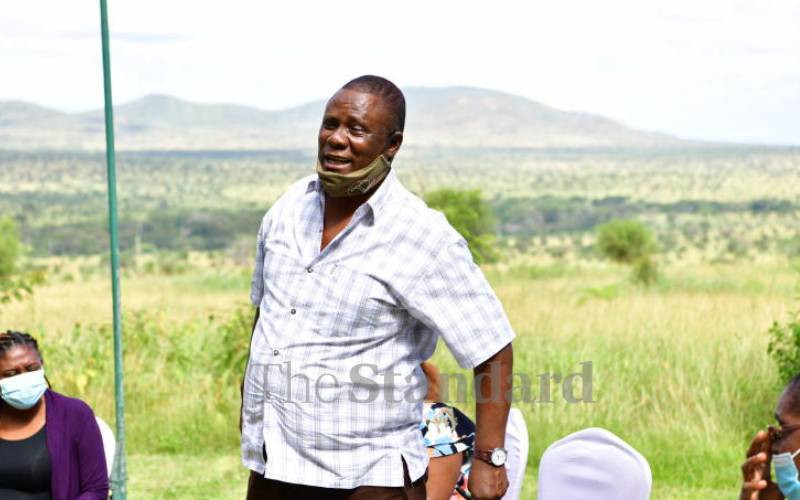×
The Standard e-Paper
Smart Minds Choose Us

Manuel Kitololo and Charles Iliga grew up in Taita Taveta county. Both men lived in the Taita Taveta Wildlife Conservancy, a protected landscape of 17 conservancies.
For many generations, men reigned supreme with women facing many injustices such as being denied leadership positions in conservancy boards and committees, gender-based violence, child marriages, and land and property ownership, among other injustices.